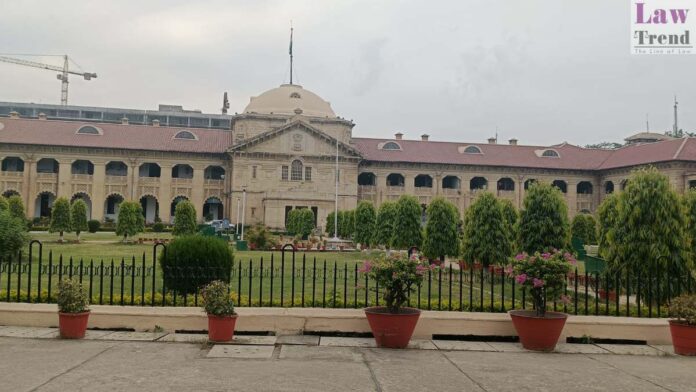In a significant ruling, the Allahabad High Court, comprising Chief Justice Arun Bhansali and Justice Vikas Budhwar, has quashed the Central Administrative Tribunal’s (CAT) dismissal of claims made by former railway casual labourers and directed the Union of India and North Central Railways to compensate the petitioners instead of granting regularization. Background of the Case
To Read More Please Subscribe to VIP Membership for Unlimited Access to All the Articles, Download Available Copies of Judgments/Order, Acess to Central/State Bare Acts, Advertisement Free Content, Access to More than 4000 Legal Drafts( Readymade Editable Formats of Suits, Petitions, Writs, Legal Notices, Divorce Petitions, 138 Notices, Bail Applications etc.) in Hindi and English.




